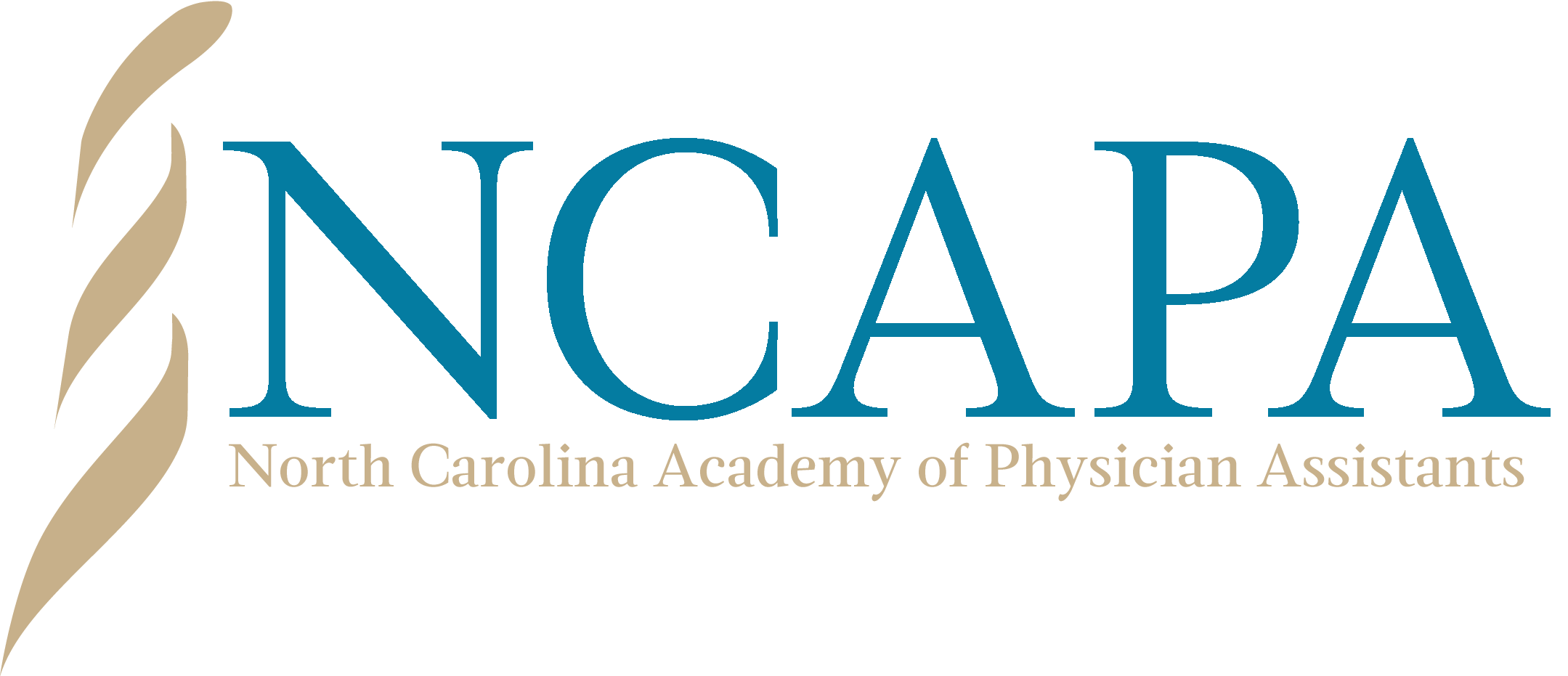by Alexandra Godfrey, PA-C
The following piece received a 2018 Section of Medical Humanities Writing Award from the American College of Emergency Physicians (ACEP). The pieces considered for the award were chosen blindly, so the author was unknown at the time of reading. What the ACEP didn’t realize is that they chose the same author who won the award in 2017, which also happened to be the first year an APP had won the award. Congratulations to Alexandra for winning this prestigious award two years in a row!
I have just started my shift when the call comes over the radio: a school bus crash. It silences us all—nurses, doctors, PAs. We start preparing for the influx of parents and children. Dead children. It makes you hold your breath and stay that way until it’s all over.
I glance at the physician working alongside me. I don’t say anything. He knows exactly what I’m thinking. Hemingway wrote of the human meat of war, the sacred and glorious sacrifices transformed into stock yards. I remember his words again.
Now with his head in his hands, the doctor says, “If I never see another dead child again, I could live with that—”
We don’t look at each other. We don’t need to. It is in the moments of stillness that it all comes back:
The teenager with the broken neck.
The mother who found him and held her hands cupped around his pale face.
Futile cardiac compressions—fighting—
Until it’s over.
As I drive home after my shift, my mind drifts. Images float like flotsam in and out of my awareness. I don’t know what to do with them. I don’t know how I feel about them. I try to leave them alone. When they begin to bother me, I turn on the radio. I like the shipping forecast on BBC Radio 4. It feels like poetry: Viking, North Utsire, South Utsire. The even keel of the narrator soothes and reassures me: Fisher, German Bight, Humber, severe gale nine, showers, rain later. For mariners, the forecast is a lifeline helping them navigate the high seas around the British Isles. For me, the forecast is an anchor providing me with a beautiful and everlasting reminder of home. You can always go back. You can always do everything all over again.
The homeless man who can’t wash his wounds because he has no sink.
The toddler who lost her face to a dog.
The father who shot the dog and showed me the pictures.
My daughter sits on the floor in front of me. She wants me to braid her hair. I untangle the knots with a widetooth comb, then gather her unruly locks. My fingers hook, pull and twist the strands. A braid is simple, orderly and precise. I watch my hands. She watches television. She’s watching a popular medical drama. She thinks it’s cool. She is so innocent. She doesn’t know the truth, and perhaps this is how it should be. She doesn’t need to know how it is for me: how the dramatization and glorification of trauma bothers me, how I can’t weave my reality into her fantasy, stuck as I am in the incongruence. So I tune it out. I focus my attention on tangible things, living things, things that matter—like my daughter.
A girl shot in the chest.
Emergency sternotomy. Uncontrollable bleeding.
The body in the morgue for 27 days—
No one cares to bury her.
People ask, “What’s the craziest thing you’ve ever seen in the ER?” I don’t know what to tell them. I don’t know what they really mean. I’m not sure they do either. I’ve learnt that people are both shocked and fascinated by tragedy. It’s all around us. The media glorifies it, television makes a production of it and politicians tweet about it. We compare sickness to warfare, with disease the enemy and the patient the soldier. Either we survive, or we sacrifice. But sometimes sick is just sick. And dead is just dead. Some don’t get to fight the fight.
A series of events runs through my mind like movie clips, a two-reel gig, the insanity of humanity. I choose an image, frame it in acceptable terms and consider offering it. But finally I shake my head: “We see a lot of crazy stuff.”
Shackled prisoners with razor blades in their bellies.
Eviscerated bowels stuck with paperclips—
Hunger strike.
In time, you understand that humanity is chaos, that life cannot be reined in, secured or held onto. You just live it. You stitch together your successes with moments of peace. You plant bulbs in your garden and hope for flowers in the spring. You challenge yourself to make the best cheesecake ever. You watch the deer graze in your yard. You sit by a muddy river at sunset thinking about nothing. You enjoy the nothing. And you smile whenever your children come home.
An emptied uterus.
A missing heartbeat.
A life interrupted—
A hand to steady trembling fingers.
You fall out of love with those glorious stories of medicine that you were once told. You find pleasure in removing a bead from a child’s ear, getting an IV on a heroin addict or reducing an ankle fracture to perfect alignment. You hold onto those moments until success becomes peace. And you breathe.
This is not sacred or glorious or cool. It is not popular melodrama. It is not fantasy.
It is raw. It is nature. It is humanity. We tell ourselves stories and then rewrite those stories again and again. We learn to deal with the ebb and flow. The pages turn, and the faces change, but the stories remain. They try our endurance, our ingenuity, our language. We add words like survivor, thriver and journey. In the end, the stories are reduced to a list in my head.
The smell of burned flesh.
Picking glass out of wounds.

